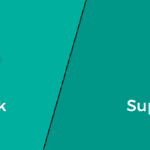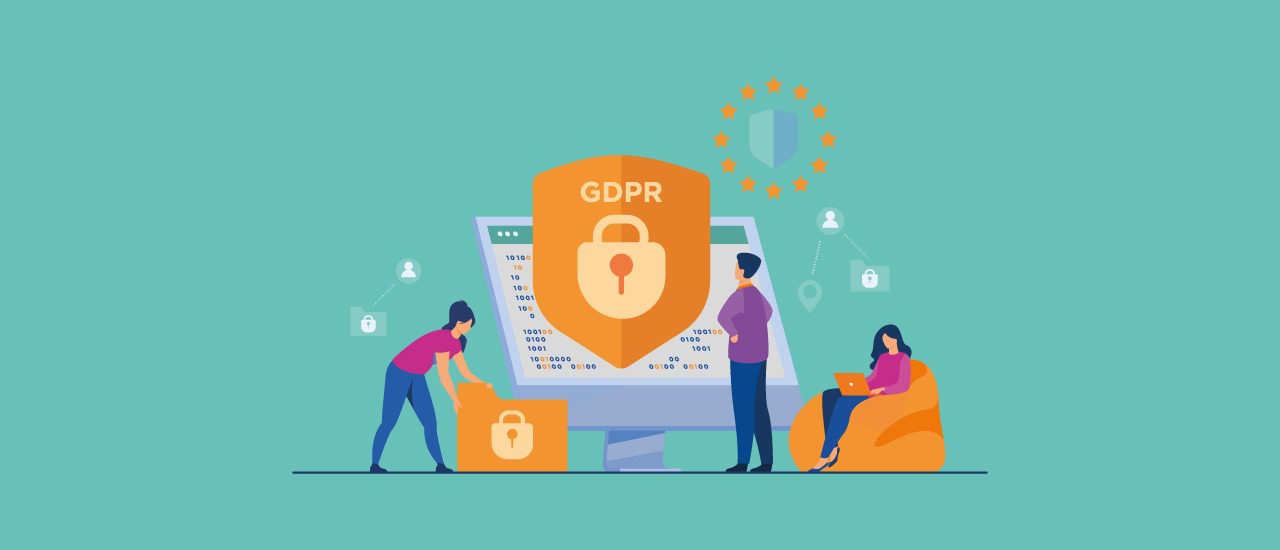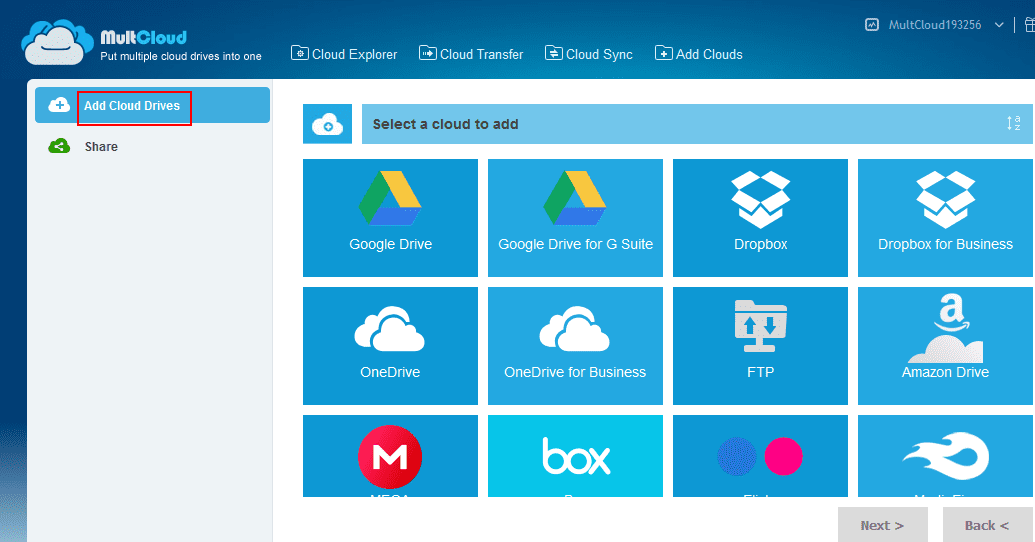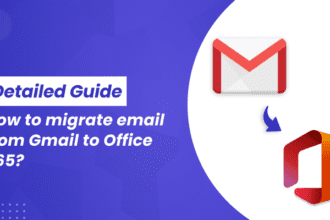The internet is no holds bar the greatest wealth of knowledge that has ever existed. Almost anything that is desired can be found somewhere on the internet. Because it is so serviceable, the internet is the world’s most trafficked marketplace, with billions of dollars flowing through the electronic pathways. The downside to this worldwide marketplace is the lack of security. Individuals with less than savory goals are constantly scouring the internet looking for people’s personal information.
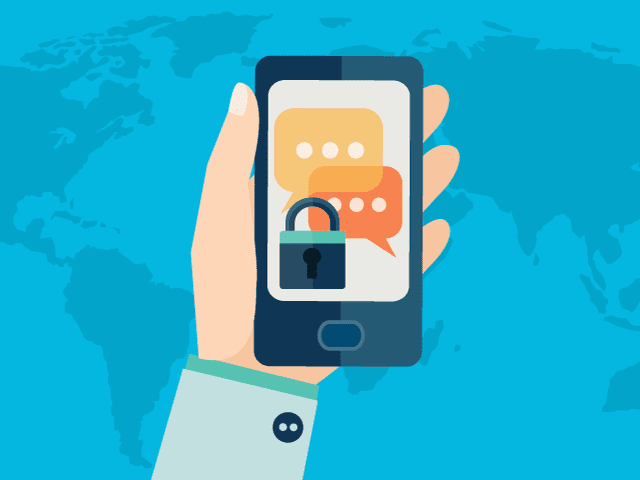
A person’s identity can be used to benefit those who steal them in ways that can seriously damage a victim. It is for this reason that so many today are looking for ways to ensure that their privacy is secured as they surf the web. Here are a few ways to enhance your privacy while using the internet.
Firewalls and VPNs
Thinking about how you maintain your privacy in the real world can help you visualize how you can manage your privacy in the digital world. People retreat to their homes when they want to act without others being privy to it. If they want to keep people away from even their homes they can put up a fence with a gate. Firewalls and VPNs work on the same principles. A firewall is a computer program that filters and scans the information that enters your computer from the internet. If there is something suspicious or known to be dangerous the program can stop it from affecting your computer.
VPN stands for ‘virtual private network’. You can think of it as creating your own private browsing community even on a public WiFi network. Doing this allows your system to be insulated against everyone else on the WiFi or another type of network. Further information about VPNs and firewalls can be helpful in determining what to get for your devices.
Check Your Settings
A simple yet overlooked element of maintaining privacy on the internet is the state of your settings. Both your hardware settings and the settings of internet service (social media, email, video streaming, etc.) can aid you in protecting your information. Most settings will have sections that deal with what programs or apps are allowed to what sets of data or information and what people or outside systems can see your actions.
Trust only those apps that are highly reputable and you know exactly what they do. Trust only those people you personally know. By allowing only certain actors access to your profiles and information you reduce the risk that a bad actor will try to take advantage of your internet use. For other tips on staying safe click here.
Keep Your Phone Number Private
Everyone hates getting a ‘scam likely’ call. They come at the most inconvenient times and are generally annoying. Most likely these scammers obtained your phone number through the internet. There are some services that will sell your personal information to the highest bidder. They were able to do this because you trusted them with your data. This could be the start of your identity being stolen. Your phone number is one of the easiest ways to lose a critical part of your privacy and can be the starting point for bad people to find and steal even more damaging information.
Summary
Just as you wouldn’t let anyone look through the windows of your house, you shouldn’t let just anyone look into the files on your phone or computer. By using firewalls, VPNs, and safeguarding your phone number you can help prevent other people from watching your every online move.




